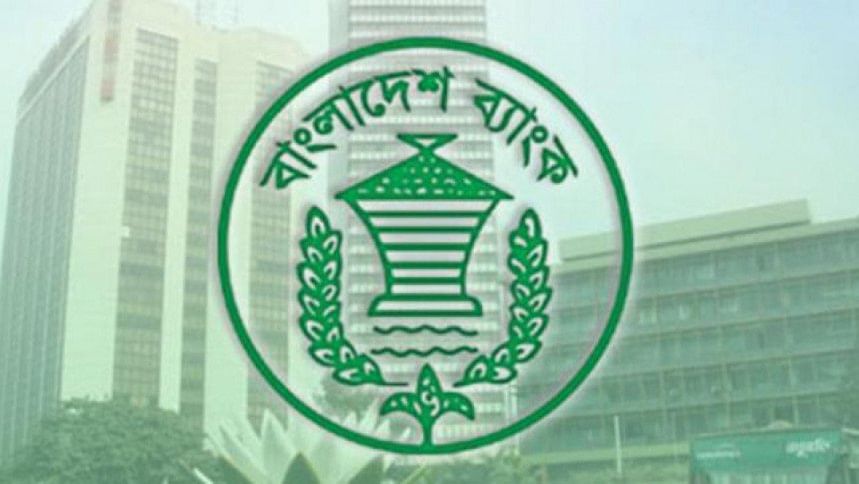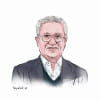BB moves to stem slide in reserve

The Bangladesh Bank will not be making any drastic policy changes ahead of the national election scheduled for January, putting all its focus on tackling the depleting foreign exchange reserves and refraining from printing money to give loans to the government.
But after the polls, the banking regulator will be embarking on its long-term plan to reform reserve management and the banking sector under the new government.
The recommendations were made yesterday by Sadiq Ahmed and Ahsan H Mansur, vice-chairman and executive director of the Policy Research Institute of Bangladesh respectively.
The banking regulator and finance ministry have started to take opinions from economists and other stakeholders to ride out the twin challenges of a strained dollar stockpile and elevated inflation since last year. Last week, BB met with the Wahiduddin Mahmud, a former adviser to the caretaker government.
"They are basically in agreement with what we said. They also said they cannot do much before the polls, which we understand. But after the election, there has to be a major overhaul -- it is not a choice -- and they want to prepare for that," Mansur told The Daily Star after the meeting.
The immediate tasks are to stem the drop in reserves and to put curbs on government borrowing from the central bank.
At the meeting, Finance Secretary Md. Khairuzzaman Mozumder said the government will not borrow from the central bank and they have already taken initiatives to bring down public expenses.
But stemming the drop in reserves is turning out to be an unwinnable battle.
Despite a series of measures, reserves continue to fall. In the first nine months of the year, gross reserves declined 19 percent, according to estimates by the American credit rating agency Fitch.
As of September 26, which is the latest published data by the BB, gross foreign currency reserves stood at $21.15 billion, which is enough to meet four months' import bill at best.
"We forecast foreign exchange reserves to stay under pressure, driven by rising imports and foreign currency intervention by the central bank," Fitch said in a report earlier this week.
Reserves cannot be allowed to drop any further, said Mansur, also a former economist of the International Monetary Fund.
"There are both short-term and long-term issues with reserves. In the short term, which is until the election, you have to monitor it very closely and you cannot let it fall too far such that market sentiment is disturbed. If needed, you send teams to monitor in both morning and evening."
The government has already failed to maintain the minimum net international reserves of $24.46 billion at the end of June to get the second tranche of its $4.5 billion loan from the IMF sanctioned.
While not much can be done before the polls, after the election various measures must be taken to reform the banking sector, particularly the state banks, said Mansur, also a former chairman of Brac Bank.
The government will have to cut its expenditure so that the central bank would not need to print fresh money, he said.
Last fiscal year, the government took a record Tk 98,000 crore in loans from the BB to run its operations.
The injection of such funds, known as high-powered money, stokes inflationary pressure and Bangladesh is already witnessing an extended run of elevated inflation because of that.
Inflation advanced 23 basis points in August to 9.92 percent propelled by food inflation, which hit a 12-year-high.
"The central bank officials have informed us that they have already stopped funding to the government by printing fresh money," Mansur said, adding that the BB is prepared to take a raft of measures for the betterment of the banking sector.

 For all latest news, follow The Daily Star's Google News channel.
For all latest news, follow The Daily Star's Google News channel. 








Comments